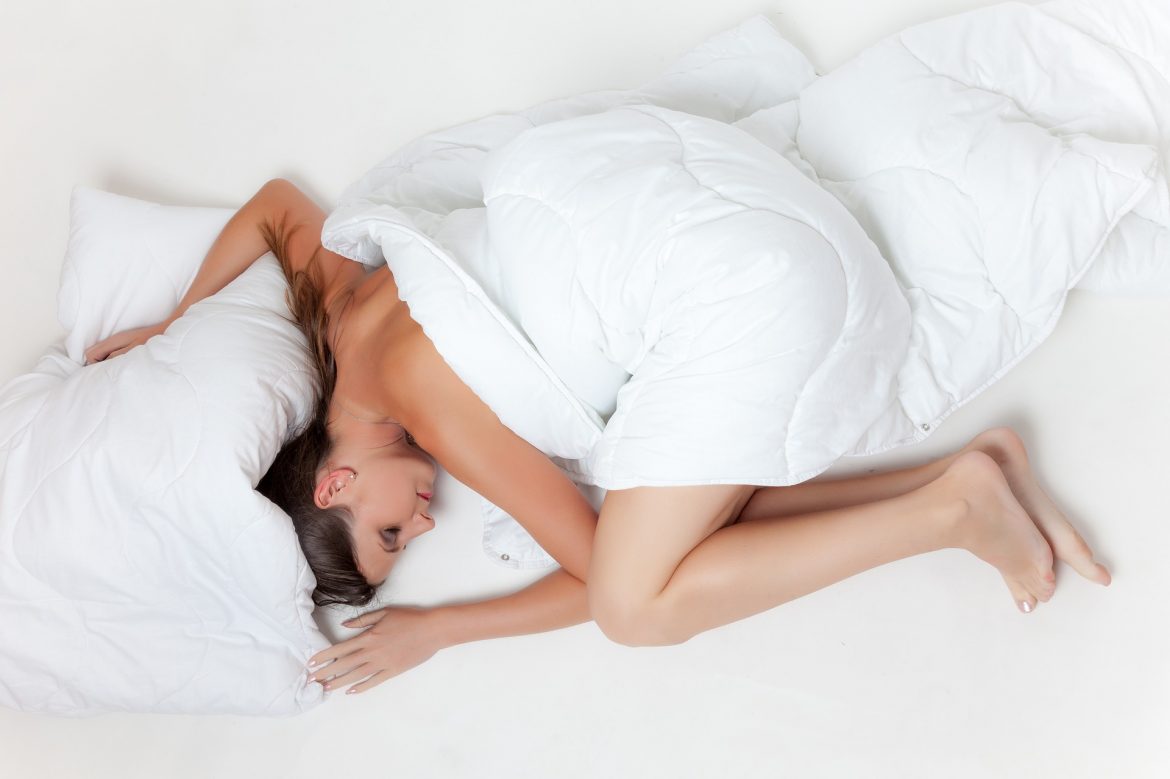
Many things can keep you up at night, such as difficulty falling asleep, waking up frequently during the night, and struggling with insomnia. Luckily for you, there are some simple tips and tricks that can help promote quality rest so that you wake up feeling well-rested and energized every day:
Stay away from stimulants like caffeine, nicotine, and alcohol before going to bed
Since they will make it harder for you to fall asleep once your head hits the pillow, avoid large meals 2 hours before bedtime since digestion uses up energy, which leaves you feeling tired.
Try going to bed and waking up at the same time each day
This helps keep your body in sync with a regular sleeping pattern that makes it easier to fall asleep and stay asleep. Make sure your room is dark and quiet! Get thick curtains or shades if there is too much light coming in from outside during the night, use earplugs if any noisy disturbances keep you awake.
Avoid daytime naps
Since they will make it difficult for you to fall asleep when nighttime comes around, avoid activity right before bedtime like watching television or using electronic devices with bright lights since these activities increase dopamine levels, which makes it harder for you to relax wind down.
Drink a cup of warm milk before bedtime
Since it’s rich in the amino acid tryptophan, which promotes healthy melatonin levels and helps you sleep better at night while also reducing stress and anxiety, this is why it works so well for people who have insomnia and other sleeping disorders, definitely give it a try!
Take advantage of technology by using apps like [Sleep Cycle]
To monitor your sleeping pattern while you rest to determine if there are any tweaks or changes that need to be made to get good sleep at night.
Exercise regularly but not immediately before going to bed
This will cause you to feel extra tired when nighttime comes around; do your usual workout during daytime hours.
Avoid watching television close to bedtime
Since it will only cause you to feel more tired when nighttime rolls around, watching television stimulates brain activity which keeps you awake even if your body is exhausted from exercise or other activities.

How do I get rid of feeling tired?
If you find yourself oversleeping or constantly feeling exhausted even if you are well-rested, there could be an underlying medical condition that is to blame. Therefore, it is best to see your doctor about any concerning symptoms you have regarding this issue. However, until then, here are some tips that will help improve your energy levels throughout the day:
Eat a balanced diet with lots of vegetables and fruits, avoid foods high in sugars and fats which will cause spikes in blood glucose levels followed by crashes later on – this leads to fatigue.
Avoid drinking too much alcohol since it dehydrates your body while disrupting sleep patterns at night, so you cannot feel refreshed after a good night’s rest.
If you are busy, set your weekly plans on Sunday to know how to plan out each day of the week. Don’t overbook yourself with activities since this may tire you out quickly.
Try taking a power nap after lunch if you feel drowsy during the early afternoon at work or school. This will help boost energy levels for up to 2 hours without causing any harmful health effects.
A warm glass of milk before bedtime helps ensure good quality sleep at night; if caffeine use is too high, it can also cause fatigue during the daytime.
Water helps re-hydrate your body post-workout, or when feeling dehydrated, don’t forget to drink plenty throughout the day for optimal energy levels.
Maintain a regular sleep schedule, basically go to bed and wake up at the same time each day – this helps control your body’s circadian rhythm.
Avoid looking at bright screens before going to bed since it can disrupt your natural melatonin levels, a hormone responsible for signaling the brain to wind down for sleep time.
Don’t exercise near bedtime since it will leave you feeling extra tired instead of revitalized; strenuous workouts increase cortisol levels, which signals the brain to stay awake even if the body is exhausted.
Don’t obsess over details or overthink about negative things that will happen in your future; this will only create more anxiety and stress, which hinder you from relaxing at bedtime.
What are the best sleeping positions?
There are many different sleeping positions that people use, but the best positions vary from person to person. Some people find that sleeping on their backs is the best way to sleep, while others find that sleeping on their stomachs is more comfortable. There are also people who find that sleeping on their sides is the best way for them to sleep. Here we have prepared a list of sleeping positions for you!
Sleeping in the embryo position
Another position that is better avoided during the night is the embryonic position, also known as the fetal position. Many people think that it is a healthy and recommended position, but it does not have so many positive effects.
The embryonic position is when you lie on your side, your back is rounded, your head is bent forward and facing your chest, and your limbs are bent at the knees and pulled up to your chest.
Sleeping in the embryonic position causes the body to become excessively compressed, so the pressure on the chest, abdomen, and internal organs beneath it are incredibly high. This can lead to poorer oxygenation of the body and problems with digestion.
In addition, sleeping in the embryonic position usually results in excessive pressure on one of the hips and an unnatural curvature of the spine, which may translate into pain in these areas after getting out of bed.
When we sleep on a too-high pillow, the embryonic position on the side can also cause neck stiffness.

Do not sleep on your stomach!
The worst posture to sleep in is on your stomach. This body position harms the cervical region of the spine. Face pressed against the pillow will be tired and wrinkled. In addition, covering your mouth and nose with a pillow significantly reduces the amount of oxygen reaching your body. This makes us feel the effects of fatigue and lack of rest much more acutely.
Fatigue can be felt not only because we sleep too little but also because we sleep badly. The vicious circle associated with sleep causes us not to get enough sleep because we sleep in the wrong position, which causes fatigue. Therefore, it is worth taking care that we lay down properly, at least in the first phase of sleep.
The effects of sleeping in the wrong position:
- headaches
- sore, excessively tense muscles
- exhaustion
- hypoxia
- neck cramps
- abdominal pains
- premature wrinkles
- nightmares
Summary
There are many ways to sleep better. Some people find that sleeping in a dark, quiet room helps them to fall asleep and stay asleep. Others find that sleeping on their left side is more comfortable. Experiment with different sleep habits to see what works best for you.
In order to get the most out of your sleep, try to go to bed and wake up at the same time every day. Avoid watching television or using electronic devices in bed, and make sure your bed is comfortable. Get plenty of exercises and eat healthy foods to help you sleep better. Thank you for reading!
